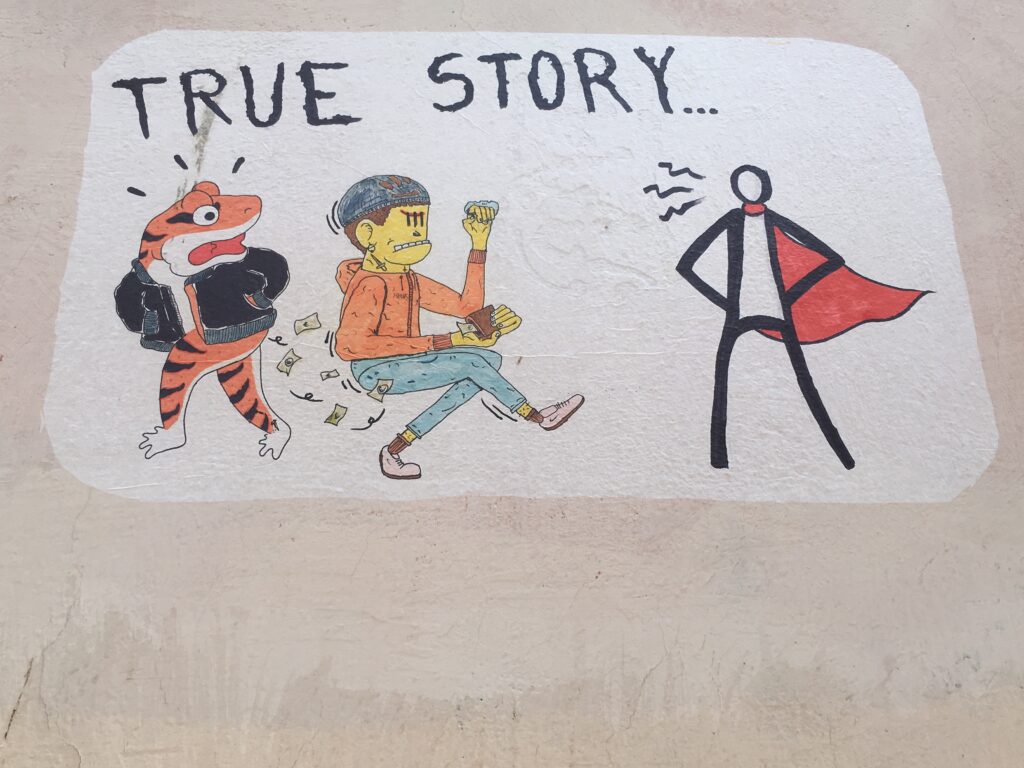Everyone has a moment when a world event occurs, great or horrific, when they remember exactly where they were at the time. Some such moments for me… The Kennedy assassination and my 7th grade science class; the space shuttle explosion and a high school library; the ball going through Bill Buckner’s leg for a Mets World Series win and my darkened home living room illuminated by the television; and again in our living room, this time brighter, as Barack Obama was declared the winner of the 2008 presidential race. Such moments can be triggered by other events over time bringing you back to those instances.
I find the surge in efforts to ban books in school curriculums and libraries along with the incursion on individual rights under the guise of parental control bring me back to a moment when one of the best basketball players in the world announced he had HIV/AIDS. At the time I was the K-12 Director for Health Education along with athletics and physical education for a New Hampshire school district made up of nine rural communities. I was in my car traveling between schools while listening to a live press conference regarding Magic Johnson’s sudden retirement from the NBA. My mind immediately jumped to thinking about the consequences on local health education issues as well as state policies and guidelines regarding sexual health education. We had built good relationships and trust with parent and religious constituencies with our health curriculum, but this news inserted a hyper level of concern and oversight for what was being taught in health classes over the subsequent months and years.
It seems a through-line exists from the HIV/AIDS era’s hysteria to today’s conservative adult and political agendas for suppressing curriculum and limiting essential knowledge in health, science, and history. Certainly, the arc to ban books for adolescents spans the decades and include authors such as Judy Blume, Jason Reynolds, Margaret Atwood, and Toni Morrison to name a few. Supercharging the book banning efforts are politically motivated endeavors to limit or ban speech connected with sexual and emotional health and emerging LGBTQ issues as evidenced through changes in instructional and curriculum policies from the AIDS era to Florida’s most recent ‘Don’t Say Gay’ bill. Florida isn’t alone in these efforts to silence voices or rewrite history. According to a recent NBC News report, 26 states have banned or opened an investigation of over 1,100 books over the last 18 months.
The current divisiveness regarding books, curriculum, and identity is littered with disinformation leading to uninformed decisions. It reminds me of a disposition described as ‘false altruism’ by Jonathan Silin in his book, Sex, Death, and the Education of Children: Our Passion for Ignorance in the Age of AIDS, written during the height of the AIDS epidemic. Silin depicts ‘false altruism’ as an “adult behavior confining or marginalizing knowledge as a pretense to protect children from what adults are fearful of talking about. This adult behavior cultivates ignorance in children and each other by refusing to hear and respond to what children already know.” Cultivating ignorance, whether intended… Remember, a former President said he loved the uneducated; or unintended…for the sake of our children, can have deadly consequences.
Judy Blume, author of frequently banned books over the past 50 years, has recently had one made into a movie. Perhaps the New York Times captured both efforts best with a headline: “Are You There God? It’s Me Margaret: Beloved, Banned and Finally Adapted.” Her writing has positively impacted generations of adolescents, that now include grandmothers, mothers and children having honest conversations in our rapidly evolving world that challenges us to rethink, unlearn and relearn; to reconcile personal value systems with shifting cultural norms. Just as Jonathan Silin espoused with his notion of ‘false altruism’, Judy Blume notes that “Grown-ups who underestimate children’s intelligence and ability to comprehend, do so at their own risk—that ‘childhood innocence’ is little more than a pleasing story adults tell themselves, and that loss of innocence doesn’t have to be tragic.”
The general meaning of altruism is to promote an unselfish regard for the welfare of others, and philosophically should be motivated by the greater good rather than self-interest. Sticking to that meaning provides a lens for viewing the motivations for current efforts for book bans, or placing restraints on school curriculums in the name of parental rights. Limiting knowledge and understanding during the height of the AIDS epidemic needlessly cost lives and/or quality of life. We’re on a similar path today regarding efforts to limit knowledge and understanding of health related issues presenting challenges to our children. It’s characteristic of false altruism…or something politically sinister…or both.
